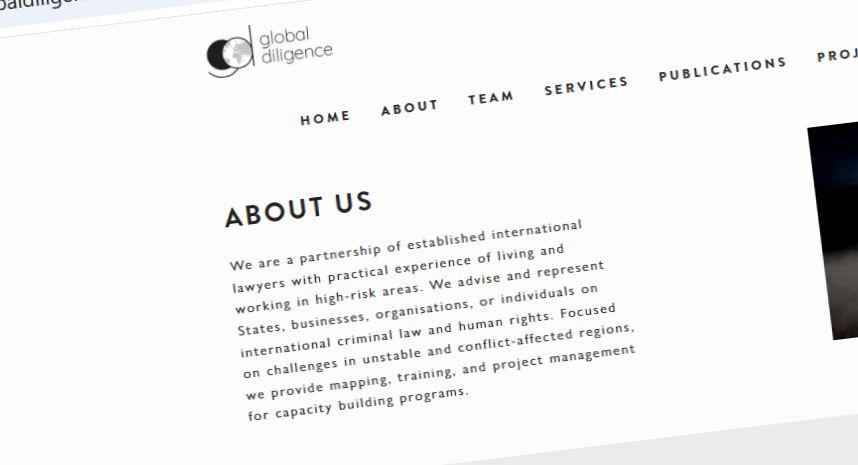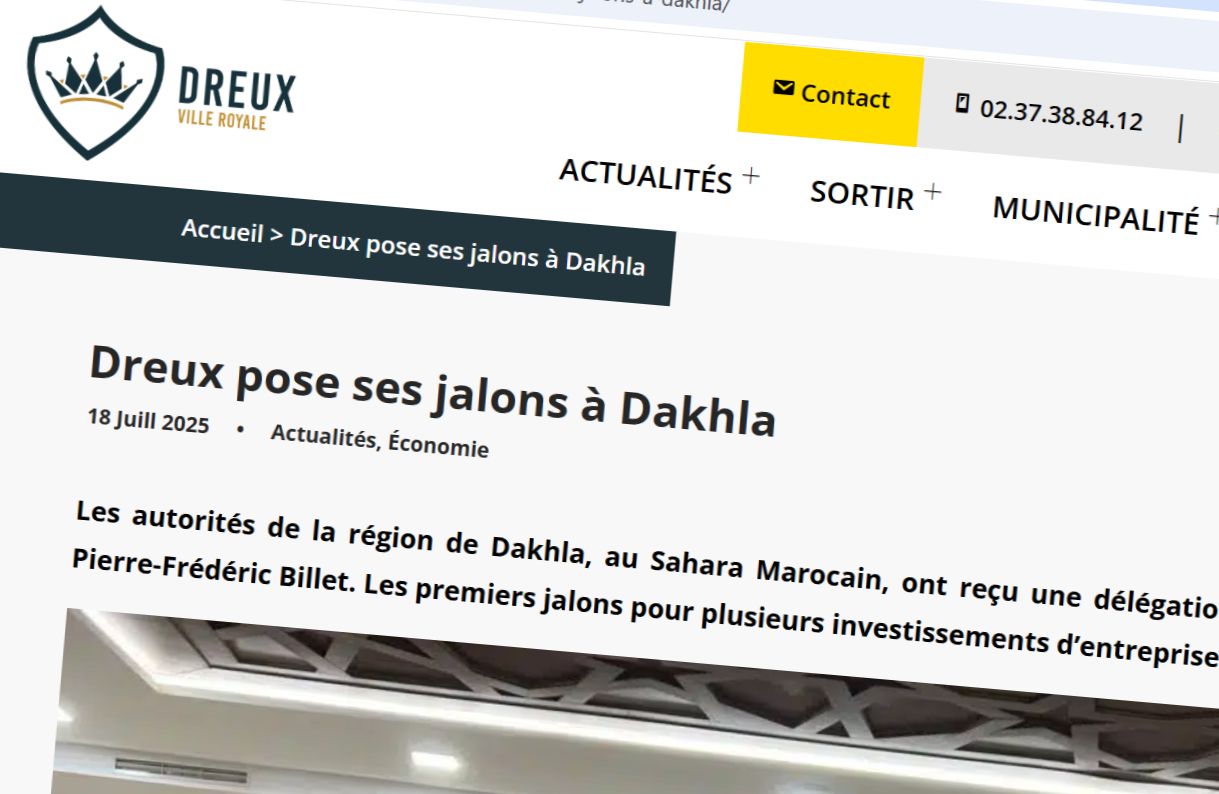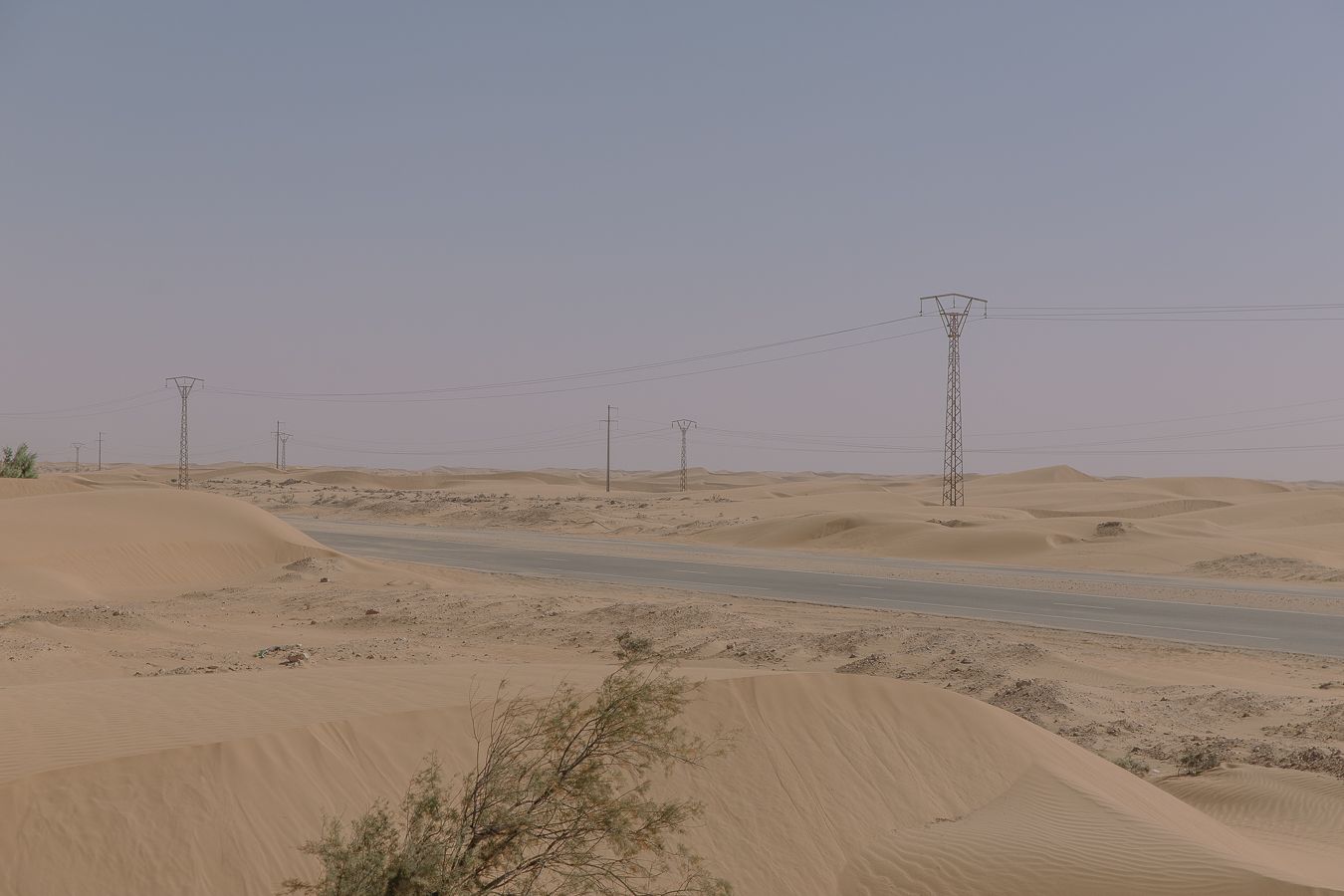
25 million Euros of EBRD loans will be provided to yet another Moroccan bank - for projects that risks being located in occupied Western Sahara.
On 4 May 2022, the EBRD approved another large unsecured loan to a Moroccan bank, the Banque Centrale Populaire (BCP).
Questions remain as to whether EBRD therefore also facilitates projects on occupied land.
The bulk of the loan, equivalent to €25 million, is provided by the EBRD and the Green Climate Fund (GCF) and is carried out under the GCF-Green Economy Financing Facility (GEFF) Regional Framework. This particular programme directs climate finance flows to selected countries, including Morocco, through lending sums to national partner financial institutions, which in turn provide the funds to private sub-borrowers for investments in climate change mitigation and adaptation projects. GEFF Morocco is supported by the EU and the Green Climate Fund, and provides a credit line of up to €163,5 million.
The particular loan to BCP has that same GEFF objective. As described in the project outline, the aim is to “facilitate a green economy transition in Morocco by on-lending to private sector sub-borrowers to implement green investments in energy efficiency, renewable energy and climate resilience measures.”
Morocco is investing heavily in renewable energy projects in occupied Western Sahara. By 2030, over 50% of Morocco’s wind energy potential will in fact be located in the part of the territory that it has held under military and illegal occupation since 1975. By that same year, the share of solar power generated in the territory could be between 9.70% and 32.64% of Morocco’s total solar capacity - likely towards the higher end of that range. A detailed account of Morocco’s projects in the territory can be found in WSRW’s report, Greenwashing Occupation, published in October 2021.
The projects’ location in occupied Western Sahara is however making it difficult to obtain financing from international financial institutions – and Moroccan banks are increasingly filling the gap. The 200 MW Aftissat wind farm, near the capital city of Western Sahara El Aaiún, was in part financed through loans by Moroccan banks, including BCP.
BCP is the second biggest bank in Morocco, and is thoroughly represented in occupied Western Sahara, with 25 offices throughout the territory.
It is not the first time that the EBRD uses this particular financial instrument for a Moroccan bank. It is the third such facility provided by EBRD to BCP under the GCF - GEFF Regional Framework in Morocco. EBRD has previously accorded similar loans to other Moroccan banks, including Crédit du Maroc, Société Générale Maroc and BMCI. All banks have offices in occupied Western Sahara.
Despite repeated questions on the matter, EBRD so far remains silent as to whether the criteria of the loan ensure that the funds loaned to the Moroccan banks will not end up funding projects in occupied Western Sahara.
At the same time, the EBRD does not shy away from providing Morocco with a platform to spin its propaganda on investing in “the southern provinces”, as Morocco refers to the part of Western Sahara under occupation. On 10-12 May 2022, the EBRD held its Annual Meeting in Marrakech, Morocco, under the patronage of the Moroccan monarch. The Annual Meeting had sessions focussing on investing in Morocco, and a particular sessions called “Morocco NOW: What prospects for the energy transition?” in which several Moroccan Ministers and government officials took the floor to boast the country's investments in renewable energy - without differentiating between the territories of Morocco proper and occupied Western Sahara. This was evident in the numbers and figures that were shared, and in maps shown to the audience, such as the one below, depicting occupied Western Sahara as part of Morocco.

In another session, Moroccan scientist Rachid Yazami, announced that lithium had been discovered “in the border between Moroccan and Mauritania”. If confirmed, such discovery could boost Morocco’s renewable energy transition even further, at a time when the electric vehicle industry leads to a high global demand for lithium. The mention was spun further in Moroccan media, as an announcement of “large findings” made at the EBRD meeting. From what WSRW sees from published information from the meeting, that is not correct.
At the end of the AGM, the EBRD chose to convey a message of solidarity to “Ukraine and other war-affected countries”.
Since you're here....
WSRW’s work is being read and used more than ever. We work totally independently and to a large extent voluntarily. Our work takes time, dedication and diligence. But we do it because we believe it matters – and we hope you do too. We look for more monthly donors to support our work. If you'd like to contribute to our work – 3€, 5€, 8€ monthly… what you can spare – the future of WSRW would be much more secure. You can set up a monthly donation to WSRW quickly here.
European funder EBRD confirms it has no plans for Western Sahara
The European Bank for Reconstruction and Development has confirmed that it will not provide financial support to projects located in occupied Western Sahara.
Global Diligence defends operations on occupied land
The legal advisory firm Global Diligence, which presents itself as expert on ‘heightened due diligence’, misrepresents international law in occupied Western Sahara.
French publicly-owned firm plans energy project in occupied Western Sahara
The French town of Dreux considers ignoring a ruling in the French courts and to engage with a controversial energy operation in occupied Western Sahara.
Morocco pushes enormous green hydrogen plans in occupied Western Sahara
The Moroccan government has confirmed several green hydrogen projects totalling 20 GW of renewables and up to 8 million tonnes of derivatives - many planned in occupied Western Sahara.



